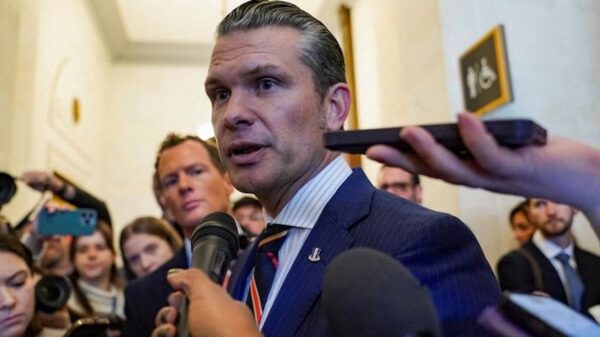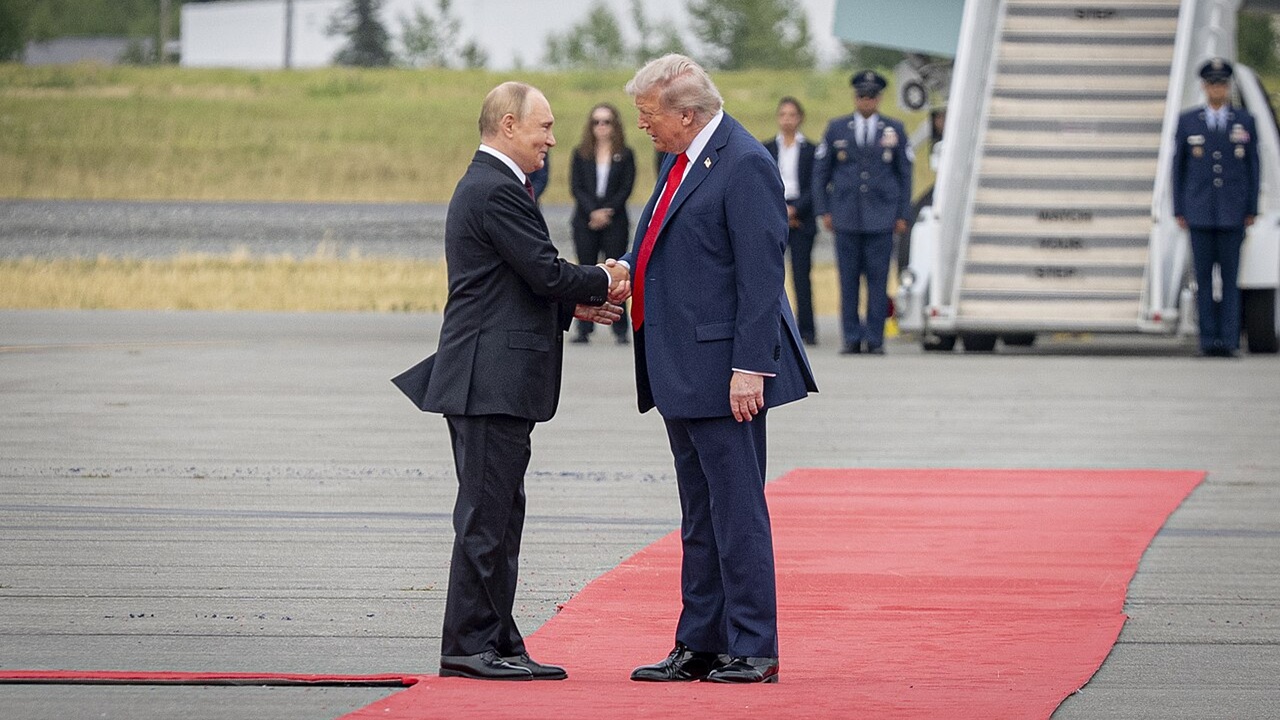Negotiations over the ongoing conflict in Ukraine faced significant obstacles during the recent meeting between US President Donald Trump and Russian President Vladimir Putin in Alaska. The discussions highlighted a crucial sticking point: Russia’s insistence on territorial concessions from Ukraine, which has been firmly rejected by Ukrainian President Volodymyr Zelensky and his administration.
In the wake of the Alaska summit, Putin reiterated Moscow’s demands related to its “special military operation” in Ukraine. Central to these demands is the withdrawal of Ukrainian forces from four eastern provinces: Luhansk, Donetsk, Kherson, and Zaporizhzhia. While these regions are internationally recognized as part of Ukraine, Russian forces maintain varying degrees of control, complicating any potential resolution.
The Kremlin’s push for including these provinces in a peace agreement stems from the heavy toll the conflict has taken on Russian military personnel. Reports indicate that Russia has sustained over a million casualties since the onset of the war. In a potential negotiated settlement, Moscow would need to demonstrate some territorial gain to justify these losses.
Recent assessments from the British Ministry of Defence suggest that, based on current military engagements, it could take Russia approximately 4.4 years to fully secure the territory of the four provinces. This timeline raises concerns over the continued escalation of casualties, with projections indicating that further conflict could result in an additional 1.93 million Russian casualties, adding to the already significant toll of around 1.06 million casualties since the full-scale invasion began in February 2022.
Zelensky’s government has maintained a steadfast position against any territorial concessions. Ukraine’s constitution prohibits the ceding of land, and Zelensky has made it clear that even the status of Crimea, which Russia annexed in 2014, is not open for negotiation. This stance contrasts sharply with some recommendations from the White House, which has suggested that Ukraine consider ceding Crimea to facilitate a resolution to the conflict.
European Union Commission President Ursula von der Leyen has echoed Ukraine’s position, asserting that “international borders cannot be changed by force.” She emphasized that any decisions regarding territorial issues must involve Ukraine directly, reinforcing the notion that Ukraine must be central to any discussions about its future.
As the situation develops, the coming days will prove critical for Ukraine and the broader implications of the three-year conflict that has significantly impacted both Russia and Ukraine. The international community continues to watch closely, with the potential for further diplomatic engagement or escalating tensions remaining uncertain.







































































